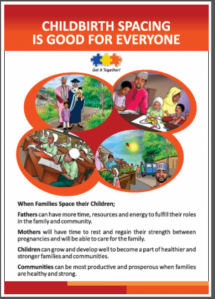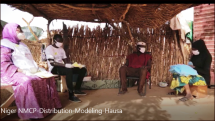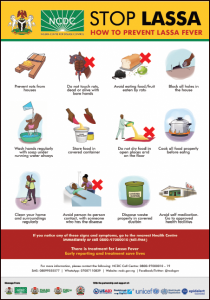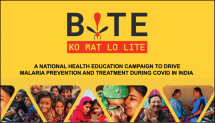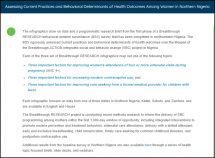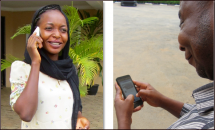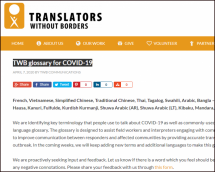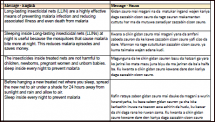Family Planning Brochures
These brochures serve as a way of reinforcing information about family planning. They are distributed in Nigerian communities to remind community members of the benefits of birth spacing at all levels of society from the individual to the family and community level.
The brochures were designed to be state-specific with images that resonate with cultural and religious teachings in each state.
Source: Johns Hopkins Center for Communication Programs
Date of Publication: November 2, 2021
SIMILIAR RESOURCES
Tools
Examples
- Community Communication MNCH e-Manual: Participatory Health Promotion Sessions
- Promoting Quality Malaria Medicine through Social and Behavior Change Communication
- The Infection Control Symbol Package
- Guide to Strategic Communication Online
- SBCC for Malaria in Pregnancy: Strategy Development Guidance
- Family Planning Counselling Kit
- Men's Health Kit
- The Future of Malaria Social and Behavior Change Communication
- Suaahara Training Guidelines and Participant Handbooks
- Infection Control Symbol Templates

